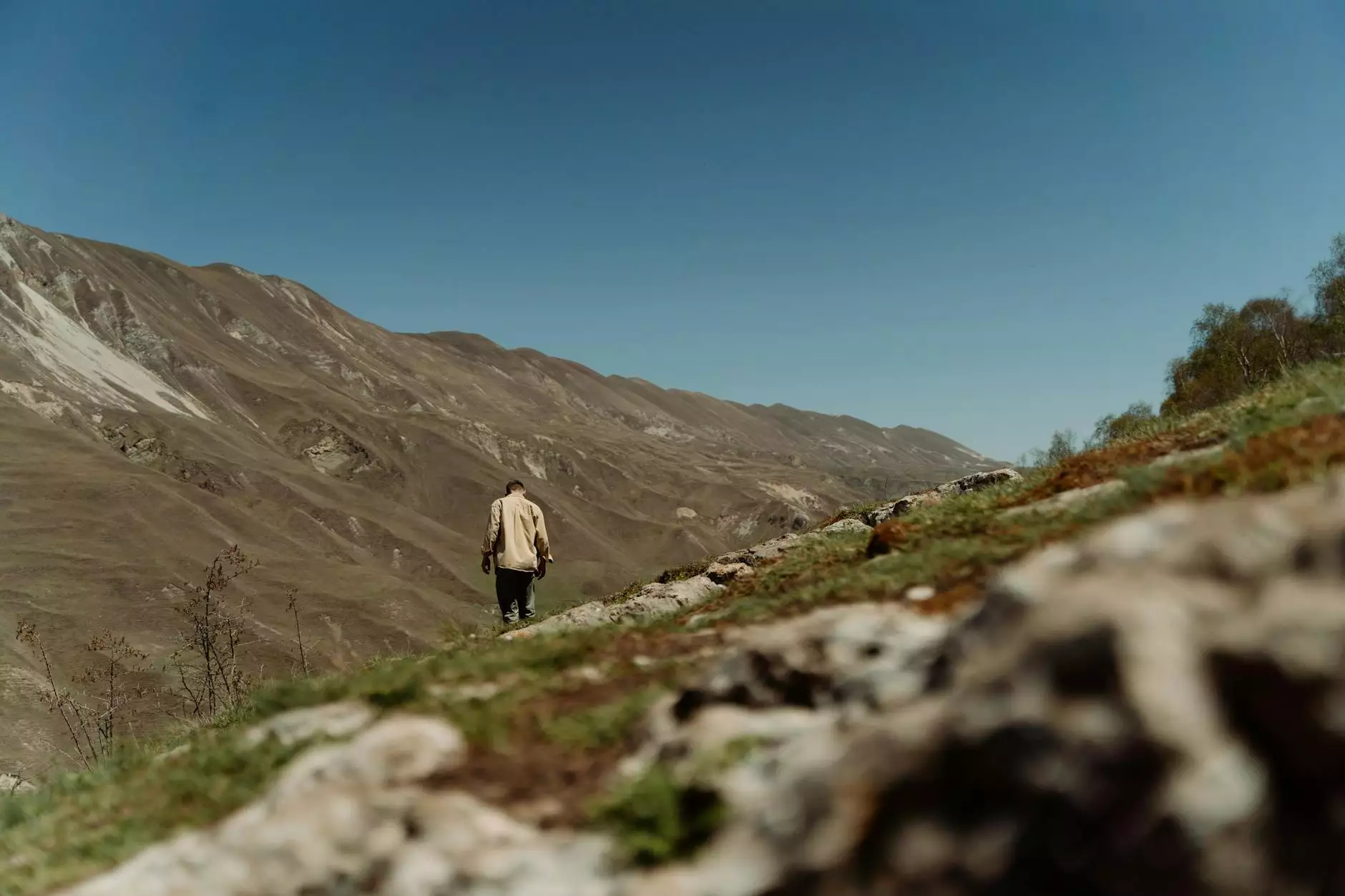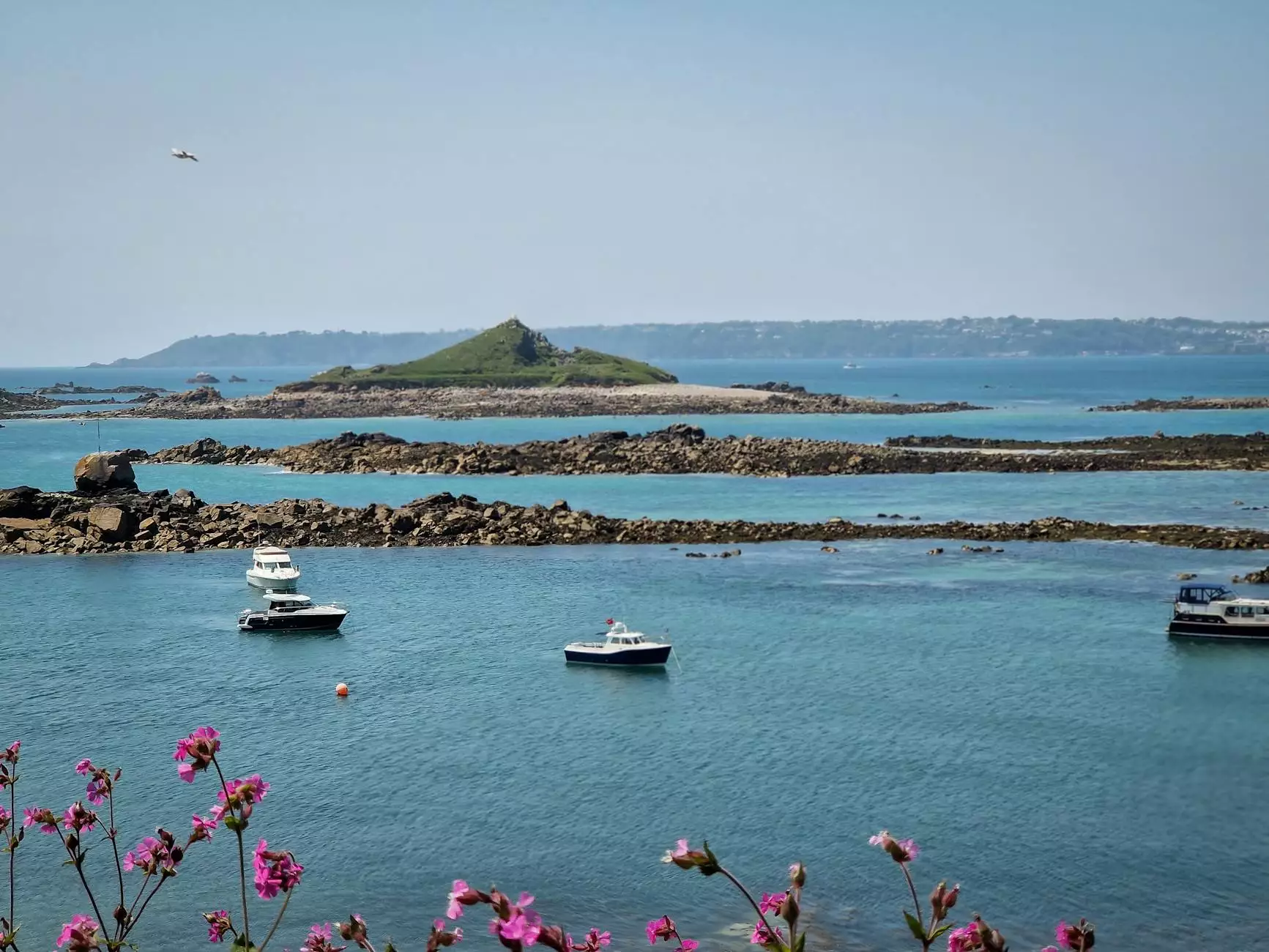Unleashing the Power of Tourism Website Development

The advent of technology has transformed the tourism industry, making a robust online presence more important than ever. This brings us to the significance of tourism website development, a critical aspect that no travel or tourism business can afford to overlook. As more travelers turn to online platforms for planning their trips, the need for a well-designed, user-friendly website becomes evident. In this article, we will delve deep into the intricacies of tourism website development and how it can revolutionize your business.
Understanding the Tourism Industry Landscape
The tourism industry is one of the most dynamic sectors globally. According to recent statistics, over 1.4 billion international tourists traveled the world in 2019, and this number continues to grow. Hence, businesses in this domain, ranging from hotels and travel agencies to tour operators, need to create an impactful online footprint to capture this evolving audience effectively.
Key Components of Successful Tourism Website Development
Developing a tourism website is not merely about having an online presence; it's about creating a comprehensive platform that caters to the unique needs of travelers. Below are the critical components that define successful tourism website development:
- User Experience (UX) Design: A website should be intuitive and easy to navigate. A seamless UX ensures that visitors can find the information they need quickly.
- Responsive Design: With an increasing number of users accessing websites via mobile devices, a responsive design that offers a great user experience on all screen sizes is essential.
- SEO Optimization: An optimally designed website must follow best SEO practices to rank well on search engines. Utilizing keywords like tourism website development throughout the site can improve visibility.
- High-Quality Content: Engaging and informative content is key to holding the interest of potential customers. Include blog posts, destination guides, and travel tips to attract and retain visitors.
- Booking Functionality: Websites must provide easy booking options for users. Whether through an integrated reservation system or a third-party service, making bookings simple can increase conversions.
- Visual Appeal: The tourism sector relies heavily on visuals. High-quality images, videos, and virtual tours can significantly enhance the aesthetic appeal of the website.
- Social Media Integration: A modern tourism website should connect with social media platforms to encourage sharing and interactions, further broadening reach.
The Importance of SEO in Tourism Website Development
Search Engine Optimization (SEO) plays a pivotal role in tourism website development. Given the competitive nature of the tourism market, an effective SEO strategy is essential for driving organic traffic. Here’s how SEO can benefit your tourism website:
Keyword Research and Implementation
Identifying the right keywords is fundamental. For a tourism website, terms like tourism website development, “best travel destinations,” and “affordable travel packages” are examples of keywords that can attract potential customers. Implementing these keywords throughout your website— in titles, headers, meta descriptions, and content— will help search engines index your content and improve ranking.
On-Page Optimization
On-page optimization involves enhancing individual pages to rank higher. This includes optimizing title tags, meta descriptions, headers, and ensuring your content is rich and relevant. A website optimized for on-page SEO not only ranks better but also provides a better user experience.
Off-Page SEO Strategies
Off-page SEO refers to activities conducted away from your website to increase its authority. This includes building backlinks from reputable sites, engaging in social media marketing, and leveraging influencer collaborations. A well-rounded off-page strategy can significantly boost your website’s credibility and ranking.
Content Marketing for Tourism Websites
Content marketing is integral to tourism website development. Engaging, informative content builds trust and encourages potential travelers to choose your services over competitors. Consider the following content strategies:
- Destination Guides: Create comprehensive guides to popular destinations, highlighting attractions, local culture, and travel tips.
- Travel Blogs: A travel blog can showcase personal experiences and stories, making your website a go-to resource for travelers.
- User-Generated Content: Encourage customers to share their own experiences and testimonials. This creates a sense of community and authenticity.
- Multimedia Content: Incorporate videos, infographics, and interactive maps to improve engagement and cater to different audience preferences.
Leveraging Technology in Tourism Website Development
Technology is continually evolving, and keeping your tourism website up-to-date with the latest tools can give you a competitive advantage. Here are some technological solutions to consider:
Content Management Systems (CMS)
A robust CMS allows for easy content updates, helping ensure your website remains current. Popular platforms like WordPress or Joomla! offer versatile options tailored for tourism businesses.
Chatbots and AI
Incorporating chatbots on your website can enhance customer service 24/7. They can provide instant answers to common queries, guide users, and even assist in the booking process, significantly improving user satisfaction.
Analytics and Tracking
Utilizing tools like Google Analytics provides insights into visitor behavior on your website. Tracking metrics such as page views, time spent on pages, and conversion rates allows for data-driven decisions that can further enhance your website's performance.
Case Studies: Successful Tourism Websites
Learning from successful tourism websites can provide valuable insights. Here are a few examples of websites that excel in tourism website development:
- Booking.com: A leader in travel booking with a user-friendly interface that offers comprehensive search filters, ensuring users can find the perfect accommodation easily.
- TripAdvisor: Noted for its extensive user-generated content, TripAdvisor thrives on reviews, giving potential customers crucial insights into destinations and services.
- Airbnb: Airbnb’s success can be attributed to its engaging visuals combined with a simplistic booking process that appeals to a wide audience.
Conclusion: The Future of Tourism Website Development
As we move forward in a digital age, the importance of strategic tourism website development cannot be overstated. For travel businesses looking to stay competitive, focusing on user experience, SEO strategies, and modern technology is paramount.
By utilizing the insights and strategies outlined in this article, businesses can significantly enhance their online presence, attract more customers, and ultimately drive sales. At iodevia.com, we specialize in tailored marketing, web design, and advertising solutions that cater to the unique demands of the tourism industry. Embrace the future with a powerful online platform that speaks to your audience, converting curious visitors into loyal customers.









